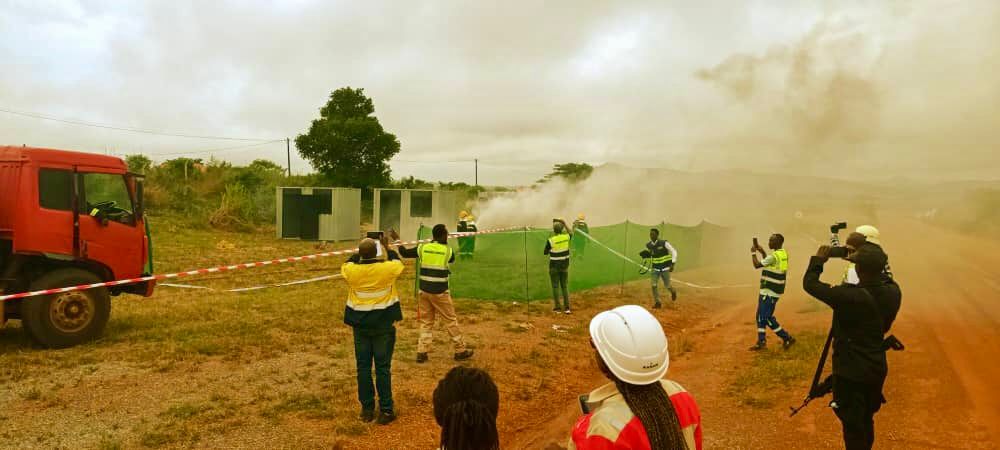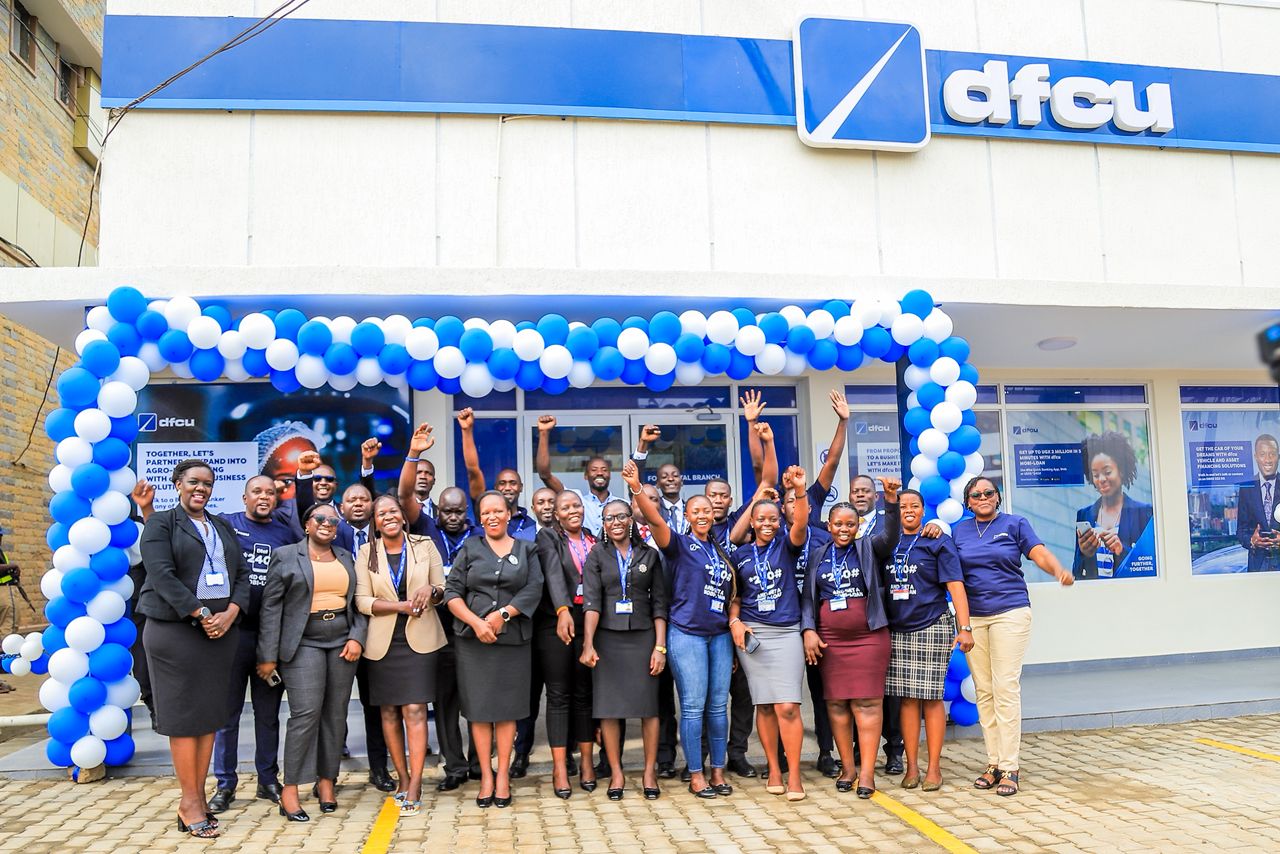SACCOs in Buikwe get financial literacy, good governance & marketing training
ADC is a nonprofit-making organization fostering self-reliance and bankability of Farmer Based Organizations (FBO), Small and Medium Enterprises (SME) in agribusiness and Savings and Credit Cooperative Societies (SACCOs) through capacity building and related Business Development Services.

Fifty Savings and Credit Cooperative Organisations (SACCOs) in Buikwe district received certificates after completing a thirteen-week training in financial literacy and management, Good Governance & Agriculture marketing.
The certification was awarded by the Agribusiness Development Centre (ADC) together with its partners DFCU Limited and Uganda Coffee Development Authority (UCDA).
This training was aimed at teaching and certifying the Members of Mabira Coffee Cooperative Society and SAO- Ngogwe Savings and Credit Cooperative Ltd on ways to grow their SACCOs financial base and members’ agribusinesses.
The training module also included business planning, cash flow modelling, coaching and mentor-ship following international best practices that guarantee enterprise growth.
“In a bid to become self-sufficient and bankable, these farmers were taught how to add value and source markets for their products. Some of those that were awarded are cooperatives that are selling in bulk and this helps the farmers bargain for a better price,” says Sharon Kalanzi, the ADC Central business advisor.
She adds: “Therefore, our intention going forward is to continue involving more stakeholders so that together we train and link more farmers to the market and finance so that we contribute to at least 10 % increase in income of the 50% trained people per year,”
According to a beneficiary, Wilberforce Kisimbira, the chairman of Mabira Coffee Cooperative Society, they were scattered and uncoordinated in their operations, a challenge that affected their SACCOs’ growth for years. “We have been selling our coffee independently at low prices so our incomes do not reflect in the years we have spent in the trade,” he says, adding that the training has opened their eyes.
Katumba Lazarus, the vice chairperson of SAO- Ngogwe Savings and Credit Cooperative Ltd, says their SACCO needed help in governance, especially affecting the roles of both the board of directors and its management.
One of ADC’s mandates is to link the farmers to market and finance hence the presence of DFCU limited as an agric-support finance institution offering free account opening with no monthly charges. This is seen as a motivator for the farmer-based organizations
UCDA’s coffee extension officer of Buikwe and Buvuma, Charles Nkugwa, notes that the authority is proud to partner with organizations like ADC to achieve shared goals in the coffee road map of Uganda.
“It saves us money, labour and time during field operations with each stakeholder focusing on its most productive role at every value chain, these SACCOS are growing knowledge,” Nkugwa says.
The objective of this training is to be able to contribute directly to some of the SDGs: 8-Decent work and economic growth; and 17- Partnerships for goals.
ADC’s recent strategic position dictates that farmers trained through ADC channels should be at least 40% women and 60% youth and 50% of the overall people trained should be linked to financing and the other 50% to market and inputs.
ADC is a nonprofit-making organization fostering self-reliance and bankability of Farmer Based Organizations (FBO), Small and Medium Enterprises (SME) in agribusiness and Savings and Credit Cooperative Societies (SACCOs) through capacity building and related Business Development Services.
This is being done through training, acceleration, investment readiness support and coaching in the fields of; Good governance and leadership, financial management, marketing, price risk management (for coffee and cocoa value chains) and financial literacy to promote linkages.
These trainings are delivered through an online platform as well as physical through a network of Business Advisors in six regions of Uganda.







